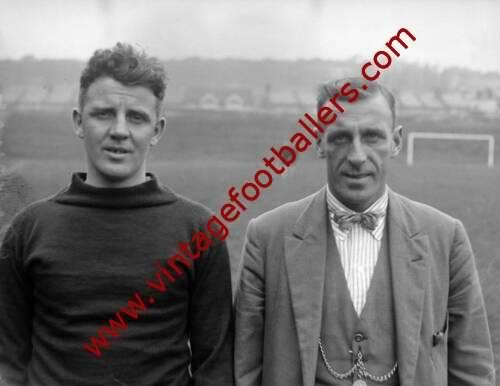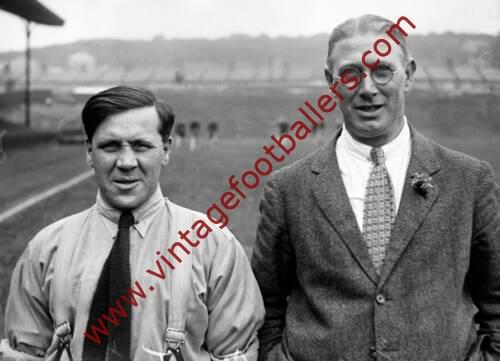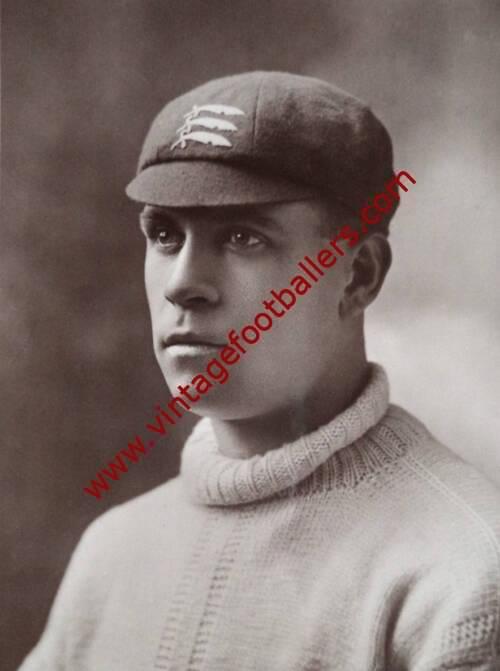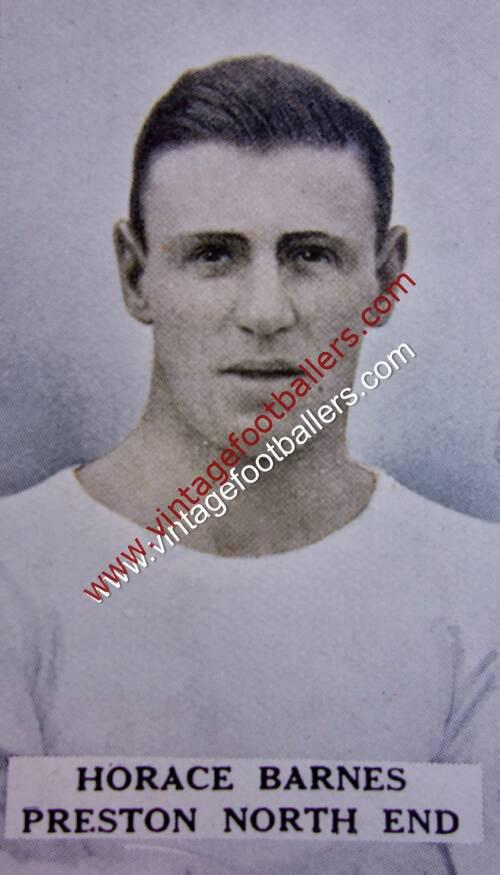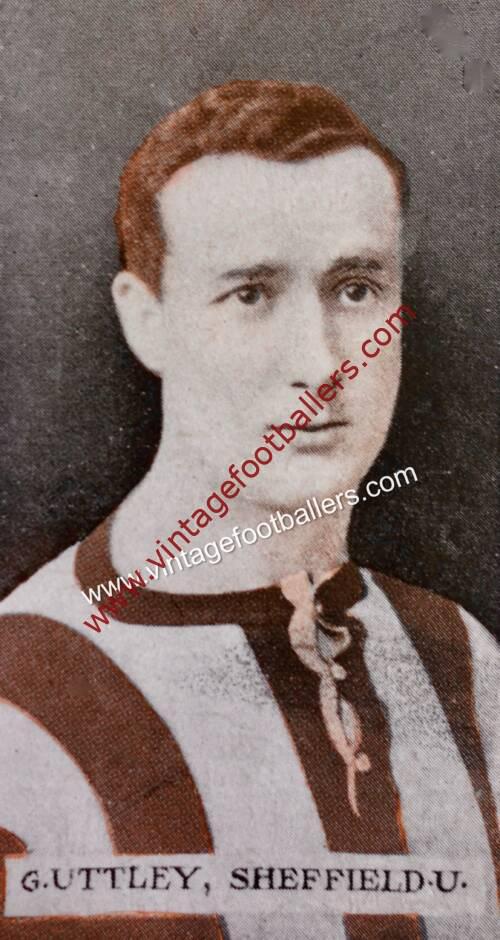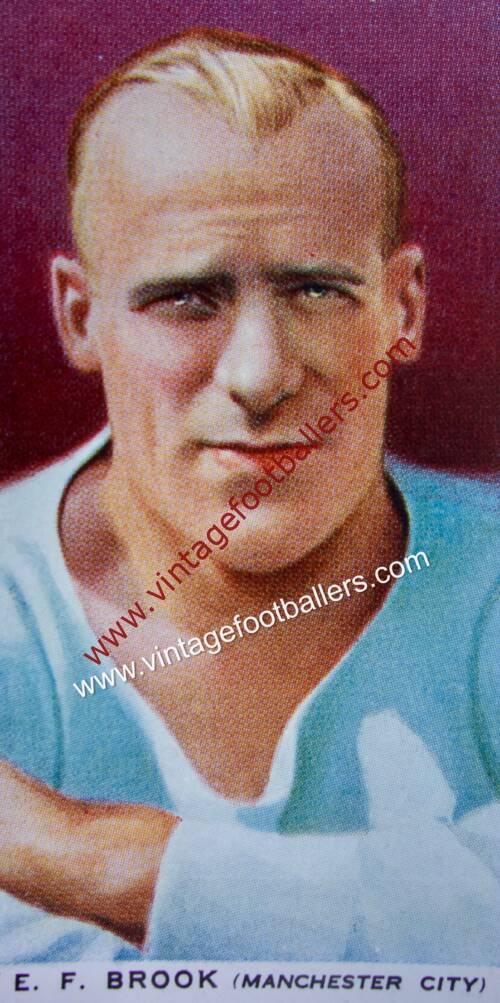Description
Born at Newry Barracks, County Down, Ireland, left half Willie Maley is one of the most iconic figures in the history of Glasgow Celtic Football Club but not necessarily as a player. His playing career began with Cathcart Hazelbank Juniors from where he joined Third Lanark in 1887, joining Celtic as a player in May 1888, his debut coming in a friendly against Rangers the same month. Maley, playing in Celtic’s first Scottish Cup Final in 1892 when they beat Queen’s Park 5-1 in a replay. He also won the Scottish League Championship with Celtic in 1893, 1894 and 1896. Maley came to the attention of the Scottish selectors, earning two Scotland caps against England and Ireland in 1893. Maley also represented The Scottish League twice in 1892 and 1894.
In May 1894 he became player-secretary of Celtic in a sign perhaps of what was to follow, but after 2 goals in 96 matches for Celtic he briefly tried his hand in English football, joining Manchester City, where he had a loan spell with Ardwick (its previous name) in 1889, making his Football League debut and only appearance for The Citizens against Loughborough in February 1896, before a move to Everton later the same year, where he played twice for The Toffees at Sheffield United and Preston North End in January and April 1897.
He returned to Celtic as Secretary-Manager the same month, the club’s first manager, and he would remain until February 1940. During his managerial tenure, Maley led Celtic to thirty major trophies (16 Scottish League Championships and 14 Scottish Cups) in forty-three consecutive years as manager. He won his first Scottish League title in his first season in charge.
Maley created a young team who won six consecutive League titles in a row between 1905 and 1910 and won the first Scottish League and Scottish Cup doubles. They were the best team in Glasgow, and the six-in-a-row record remained unbroken until the 1960’s. As his six-in-a-row team began to age, Maley set about the task of building a younger team. This younger side, which included Patsy Gallacher and the apparently ‘ageless’ Jimmy McMenemy, won four League titles in succession between 1914 and 1917. They also set a UK record for an unbeaten run in professional football, 62 matches (49 won, 13 drawn) from 13th November 1915 until 21st April 1917, which stood until it was broken by Brendan Rodgers’ Celtic in November 2017.
That side won two more titles, in 1919 and 1922. Celtic continued to gather trophies throughout the 1920’s and in the mid-1930s Maley built his third great team, featuring Jimmy Delaney and Jimmy McGrory. This side won the League title in 1936 and 1938 and the Scottish Cup in 1937. By then, Maley was approaching 70. The Maley years ended in a less than happy fashion. With Celtic at the bottom of the table, Maley finally retired after a meeting with the board of directors in February 1940.
He is attributed to have coined the famous Celtic motto ‘It is not his creed nor his nationality which counts, it’s the man himself.’ The legend that is Willie Maley can be read about in many places and is certainly worth reading!
His two brothers Tom and Alex Maley were notable football figures. Tom played for Partick Thistle, Dundee Harp, Hibernian, Third Lanark and Celtic before becoming a football manager, most notably with Manchester City where he won the FA Cup in 1904. In 1906 he became manager of Bradford Park Avenue then later assisted Southport. Alex never played at senior levels but was manager of Clydebank from 1914 to 1921, then of Hibernian from 1921 to 1925, taking them to two Scottish Cup Finals. He became manager of Crystal Palace from 1925 to 1927 and was later a director of Hibernian.


